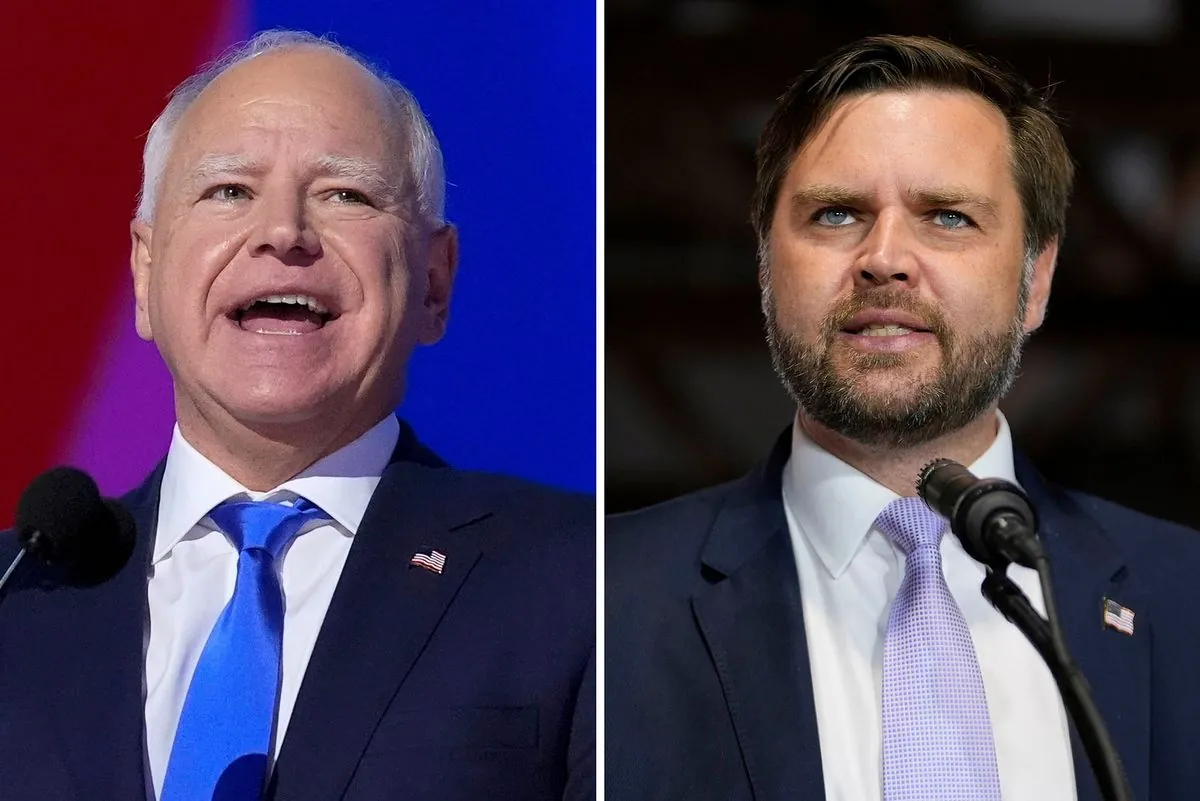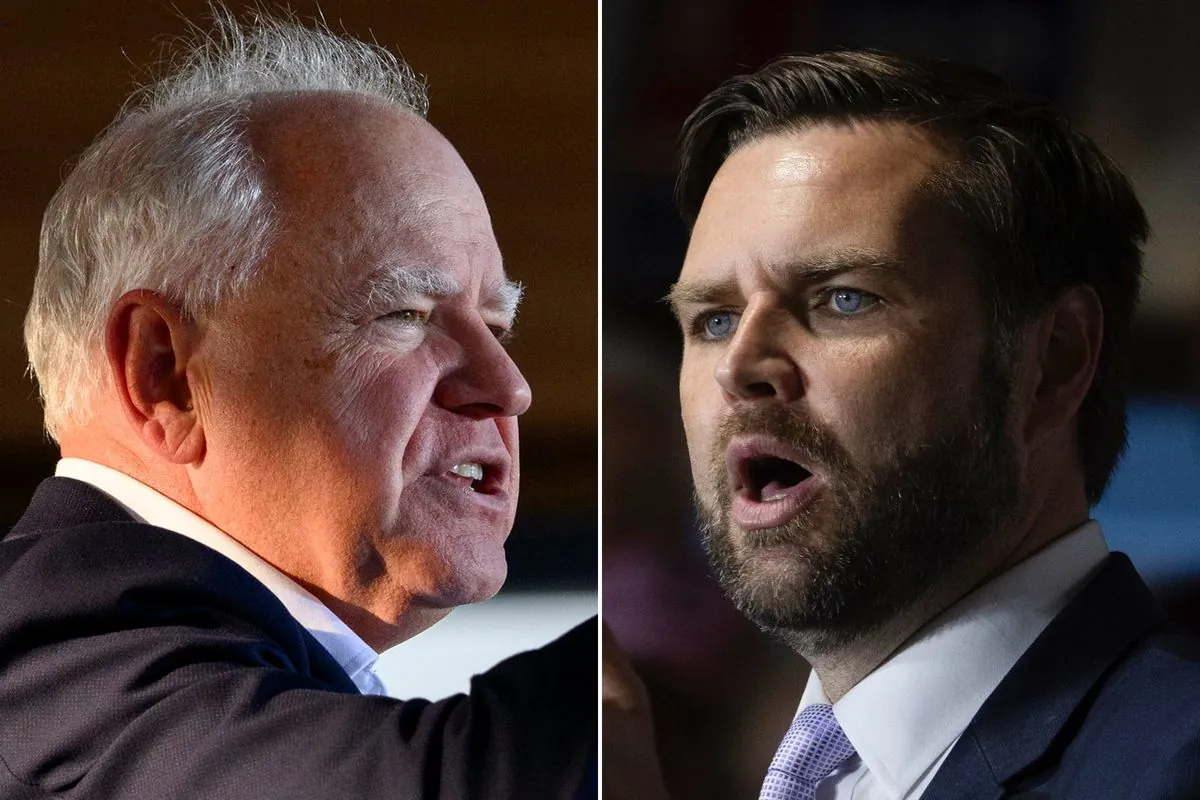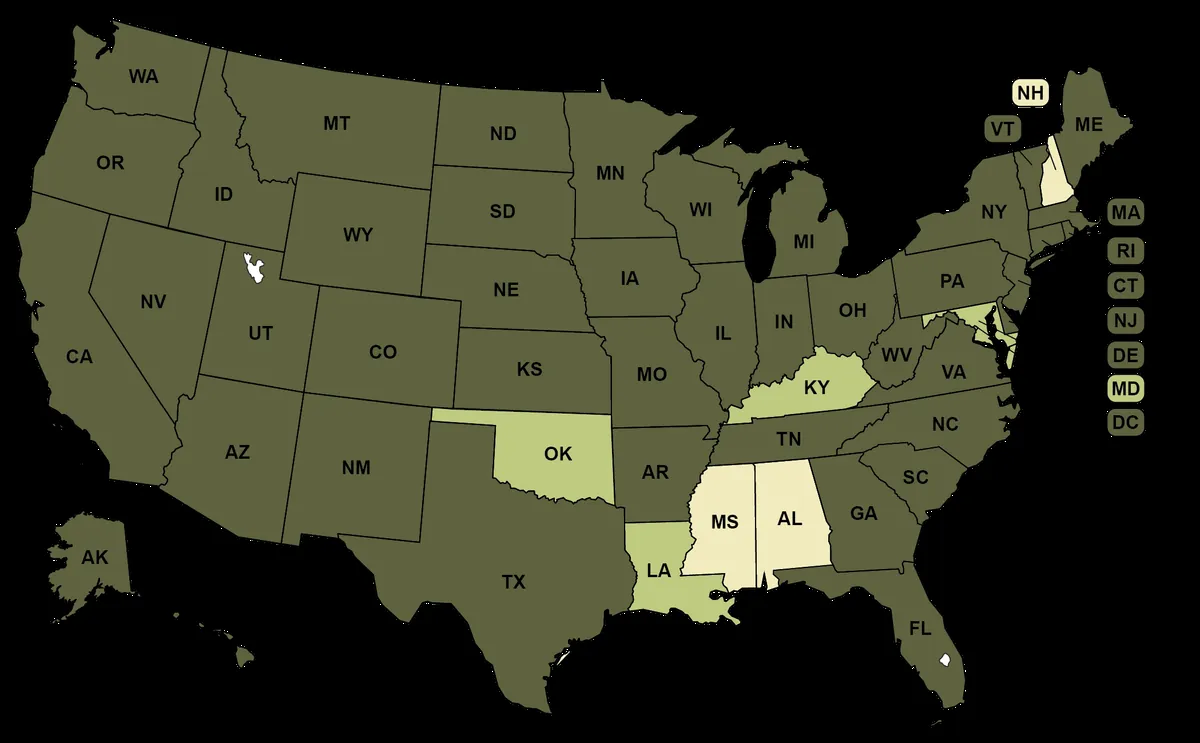Walz and Vance Clash in Final VP Debate Before November Election
Democratic and Republican vice presidential candidates Tim Walz and JD Vance faced off in New York, discussing foreign policy, immigration, and personal backgrounds. The debate's impact on the close election remains uncertain.

In a crucial political event held on October 1, 2024, Tim Walz and JD Vance, the Democratic and Republican vice presidential candidates respectively, engaged in a heated debate at the CBS Broadcast Center in New York. This debate, occurring just five weeks before the November 5 election, provided a platform for both candidates to present their views on pressing national and international issues.
The debate commenced with a focus on the ongoing Middle East conflict, allowing both candidates to showcase their foreign policy credentials. Walz, the 60-year-old governor of Minnesota, criticized former President Donald Trump's handling of international affairs, particularly regarding Iran. He argued that Trump's decision to withdraw from the 2015 Iran nuclear deal had brought Iran closer to developing nuclear weapons.
Vance, the 40-year-old senator from Ohio, countered by defending Trump's foreign policy record, asserting that it had enhanced global security. When questioned about potential preemptive strikes against Iran by Israel, Vance suggested deferring to Israel's judgment, while Walz avoided a direct response.

The debate also touched upon domestic issues, with immigration and the economy taking center stage. Vance was expected to challenge Walz on the Biden-Harris administration's policies in these areas. Additionally, Vance's team indicated they would raise questions about Walz's military service record and his handling of the 2020 Minneapolis riots following George Floyd's death.
"Iran is closer to a nuclear weapon because of Donald Trump's fickle leadership"
As the debate unfolded, both candidates attempted to present themselves as representatives of America's Midwestern heartland, despite their contrasting political views. This debate marked the last opportunity for the vice presidential candidates to make their case to the American public before the election.
It's worth noting that vice presidential debates, while often fiery, historically have limited impact on election outcomes. The first televised vice presidential debate took place in 1976, and such debates have been a regular feature of U.S. elections since 1984. Despite their limited influence, even a slight shift in public opinion could prove decisive in this closely contested race.
The vice presidency, established by the U.S. Constitution in 1787, has evolved significantly over time. While the role initially had limited constitutional duties beyond succession and Senate responsibilities, it has expanded considerably since the mid-20th century. Today, the vice president serves as a key advisor to the president, a statutory member of the National Security Council, and earns an annual salary of $235,100.
As Kamala Harris and Donald Trump watched the debate unfold, both campaigns hoped their respective running mates would make a lasting impression on voters. With early voting already underway across the country, the impact of this debate on the election's outcome remains to be seen.



































